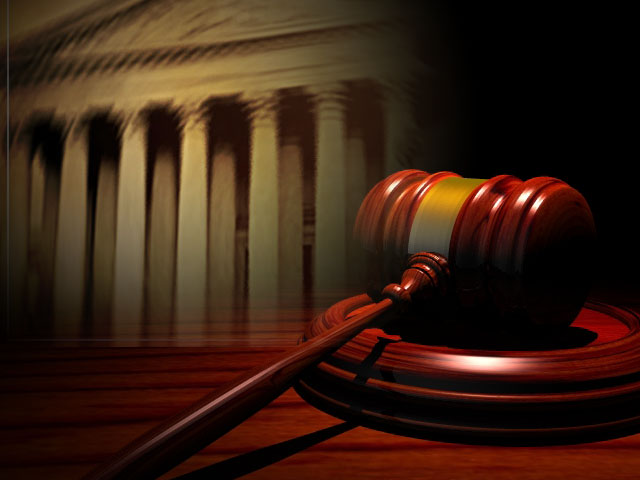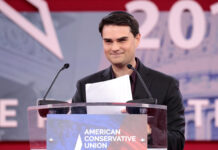Just three months after a federal judge blocked UCF from enforcing its policy banning “harassing or hate messages” on computers—because the “vague” ban on speech likely violates the First Amendment—another UCF policy is raising the same constitutional questions.
UCF recently revealed its policy for Student Union events in response to a Knight News public records request, and it has some interesting takes in light of the judge’s opinion explaining why UCF can’t make policies “without defining terms,” leaving the average student to “guess” about “whether his or her conduct” was banned.
In addition to banning flyers from spontaneously being passed out, the Student Union’s policy states: “No offensive video is allowed to be played during events,” and that filming is allowed only if “it does not offend anyone in the building.”
The policy’s broad language, however, fails to define what qualifies as offensive, just like UCF’s computer policy blocked by the judge failed to define “harassing or hate.” This calls into question if this is a violation of First Amendment rights here at UCF.
The Foundation for Individual Rights in Education’s website, TheFire.org, states “impermissibly vague policies are just as damaging to free expression as clear restrictions.” Exceedingly vague policies can be difficult to follow, possibly subjecting students to “burdensome investigations.” Selective enforcement is another concern, the vague language of the policy could make it possible for UCF to only enforce the ban against speech it doesn’t like.
With Ben Shapiro’s visit to campus set for Monday, Oct. 25, and big crowds on both sides expected in and around the union to make their voices heard, students hoping to document what happens at the event with cell phone cameras may be wondering what is and isn’t considered offensive, considering the extensive language of the policies. Something that could be considered innocent to some may be viewed as offensive to others.
As mentioned above, this is not the first time UCF’s First Amendment policies have been called into question. Back in May of 2021, UCF had to face a judge over alleged First Amendment violations.
Speech First Inc, a freedom-of-speech advocacy group, filed a lawsuit against Alexander Cartwright, president of UCF. Speech First released claims that several UCF policies violate the First and Fourteenth amendments of the Constitution.
Three anonymous UCF students working with Speech First shared their concern for expressing their beliefs that they believe to be “unpopular” at UCF. Judge Gregory A. Presnell, a Senior United States District Judge of the United States District Court for the Middle District of Florida, presides over the case of Speech First, Inc. v. Alexander Cartwright.
The judge ruled UCF’s computer policy likely violated the First Amendment and its discriminatory harassment policy did not. He did not fully rule if UCF’s bias response team violated the First Amendment, because Speech First failed, at that stage, to establish standing to challenge that policy.
Speech First continues to believe that UCF’s policies violate the constitutional rights of Speech First’s Members, while Cartwright claims the University’s policies do not violate the Constitution and that there has been no wrongdoing, according to court records.
Speech First has appealed the issues it lost following the ruling, but UCF did not appeal its loss on the computer policy.
Now with the newly disclosed policy on Student Union events, Knight News is interested to hear your reaction. Do you believe your First Amendment rights are being infringed upon? You can reach out to us at news@knightnews.com and let us know your thoughts.
Check back at Knight News for updates.







